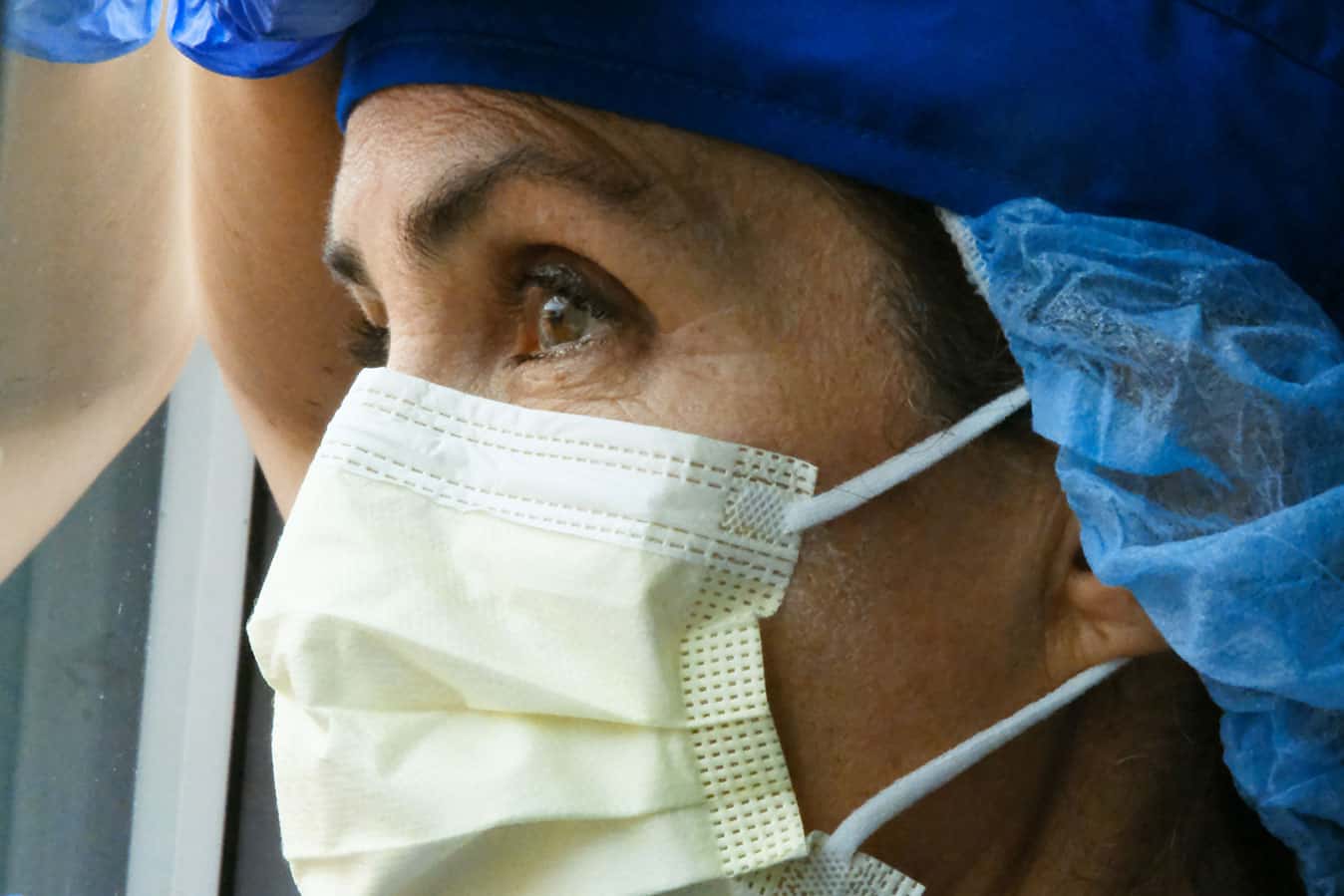More than 100 nurses worldwide are estimated to have died from contracting COVID-19 while working on the frontline battling the pandemic but the International Council of Nurses (ICN) believes the real death toll could be much higher.
According to the World Health Organization (WHO), 23,000 healthcare workers have been infected with COVID-19 across more than 50 countries, but the global public health body has not revealed a breakdown of how many nurses have been affected, nor a centralised recording system of such infections and deaths.
ICN is now calling on all governments to accurately record the number of nurses and other healthcare workers infected with COVID-19, as well the names of those who die from the virus.
It says WHO should collate and share the information so that it can add to evidence regarding the coronavirus by identifying who contracted the virus, where and when they contracted it, and how the disease progressed.
“Each of these deaths is a tragedy,” ICN president Annette Kennedy said.
“The thought of these nurses, who are mothers, fathers, brothers, sisters, sons and daughters, losing their lives because of the caring work they do, is truly heartbreaking.”
Ms Kennedy said nurses have faced additional risks while working on the frontline, with many not having access to appropriate personal protective equipment (PPE) to keep them safe.
“This should never have happened, and it must never happen again,” she said.
“Governments have a responsibility to keep all their citizens safe and in terms of coordinating the manufacture and distribution of PPE, they have failed to put in the necessary resources or levels of innovation which are required to address an issue which is not going away anytime soon.”
ICN CEO Howard Catton echoed the view, calling on leaders of the G-20 group of countries and world leaders to make the provision of PPE their number one priority.
“We recognise it is a challenge to supply the correct PPE to the right place at the right time,” he said.
“We have written to the G-20 leaders asking them to work together and not politically self-isolate. They have the power to change this situation by negotiating contracts and helping with the manufacture and distribution of this life-saving equipment.”
Mr Catton argued collecting data on infection rates and deaths among nurses was a vital part of understanding the virus and could help prevention and containment.
“What gets measured counts and despite accolades and applause, if we are not counting and keeping accurate data, then we are failing to honour and recognise nurses, some of whom have made the ultimate sacrifice. By doing this we can save more lives – both health workers’ and the public’s, in the future.”
Mr Catton added that while the pandemic was still at its peak, governments should start developing strategies to deal with the aftermath once it’s over.
“Around the world people are applauding the work of nurses and other health workers, and governments are saying how much they value their healthcare workforces. But when the applause dies down, when the accolades stop, governments need to have an honest look at their health systems.
“The COVID-19 pandemic has shown health workers at their finest, often working long hours in terrible situations. But it has also exposed weaknesses in our health systems that must be addressed. Many countries need a significant and sustained investment in their healthcare systems to bring them to an acceptable level.”








